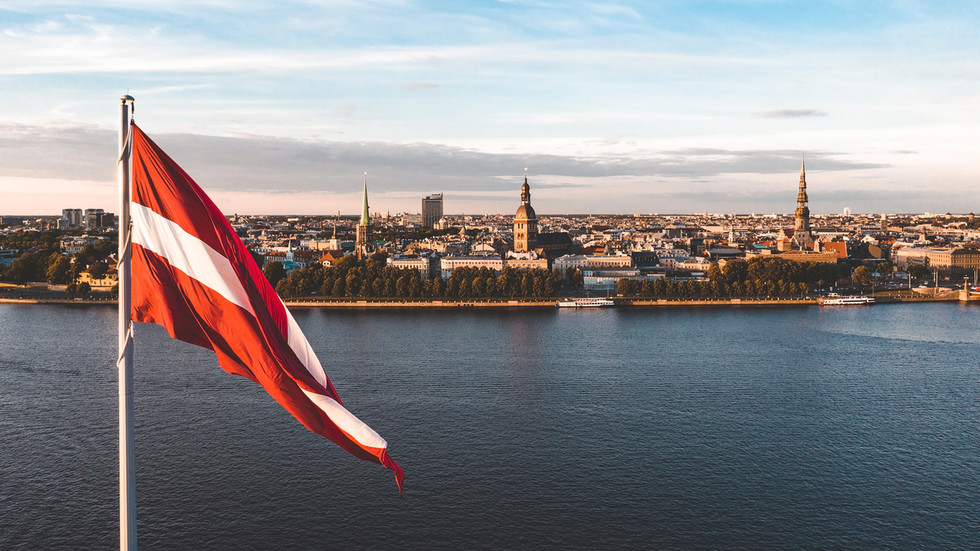Tomorrow marks 600 days since the hostages were taken. Six hundred days since Israeli men and women — some young, some elderly, many injured, many frail — were abducted and disappeared into the blackness beneath Gaza. There are no children left among them. That, in itself, is a sentence that should trouble the conscience.
The children who were taken — torn from their parents, some orphaned as they were dragged across the border — have either been returned in fragile prisoner exchanges, or they are no longer counted among the living. But the adults remain. People whose only crime was to live freely in a country that is hated for daring to exist. Six-hundred days.
If you’ve forgotten them, you’re not alone. The world forgets quickly what it chooses not to see. With every passing week, the media speaks less of them. The cameras pan elsewhere. The slogans in the streets grow louder, angrier — yet not for them.
This is what it means to be a hostage in the eyes of the world: to vanish not only from view but from memory. The silence is not only appalling — it is revealing. For what have we become, as a civilisation, when we can stomach the knowledge that dozens of people — sick, traumatised, elderly — are being held by terrorists for nearly two years without so much as a visit from the Red Cross?
Not one confirmed proof of life. Not one piece of verified medical access. No contact with family. No justice. No outrage. These are not prisoners of war. They are not bargaining chips. They are human beings. But of course, Hamas would have to agree to Red Cross visits, which doesn't fit their hateful conduct.
And yet they are now treated as side notes, background noise in a conversation that has become so politically polluted that even basic decency seems too controversial.
The hostages taken on October 7 were civilians. Peace activists. Agricultural workers. Music-lovers. Pensioners. One was filmed being driven off on a motorbike, bleeding and in shock, her face blank with terror. Others were dragged by gunpoint from their homes.
One, an elderly woman, was paraded through the streets as a trophy. And still the international community shrugs. When hostages are taken anywhere else in the world — by ISIS, by criminal gangs, by rogue states — the moral lines are clear. But not here. Not now. Not for them. Why?
Is it because they are Israelis? Because they are Jews? Because the world has quietly absorbed the idea that Jewish pain must always be viewed in context, that Israeli suffering must be politically qualified before it can be grieved?
If this sounds harsh, ask yourself why no major human rights body has led a sustained campaign to secure their release. Ask why the United Nations can hold special sessions to condemn Israel’s war against Hamas, but not to demand the freedom of the innocent men and women held underground by that very same terrorist organisation.
Six hundred days is not just a number. It is a measure of our failure — of moral clarity lost, of empathy misdirected, of justice deferred.
To be clear: wanting peace does not mean staying silent about hostages. Supporting Palestinians does not mean excusing Hamas. You can speak out for Gaza and still say these seven words loudly, clearly, unconditionally: Release the hostages. All of them. Now.
Not in a future deal. Not as a gesture of goodwill. But as a fundamental matter of right and wrong. There are still families today waking up every morning in the same torment they did 599 mornings ago — living between hope and horror, between phone calls that do not come and whispers they dare not believe.
For them, the world must find its voice again. Say their names. Share their faces. Demand their return. Because if we let this silence continue, the question will not only be: How could this happen?
It will be: Why did no one care?

 4 days ago
8
4 days ago
8









 English (US) ·
English (US) ·